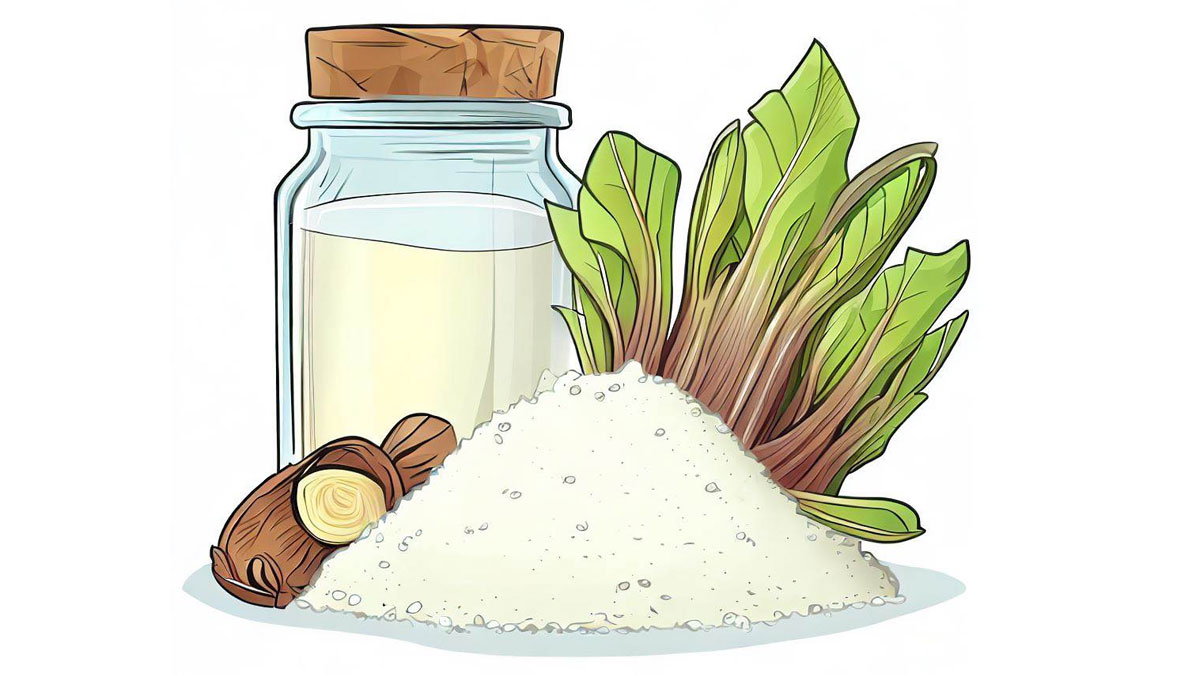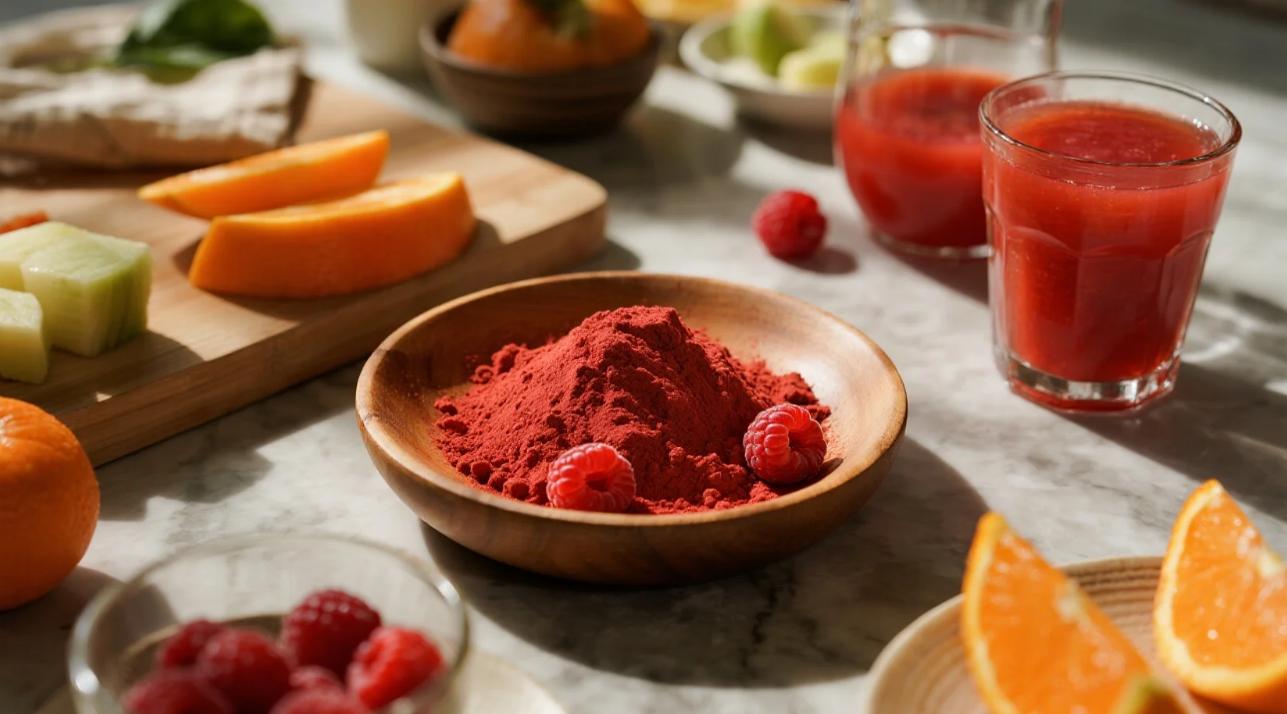Table of Contents
Organic inulin is a kind of fiber that comes from plants like Jerusalem artichoke, and chicory root. It helps the good bacteria in your gut grow and work better. This can make you healthier in many ways. But organic inulin can also have some problems and risks that you should know about before you use it.
What Is Organic Inulin?
Organic inulin is a kind of sugar that your body cannot break down. It goes to your large intestine, where the good bacteria eat it and make acids. These acids feed your colon cells and protect them from inflammation and cancer.
Organic inulin is different from other kinds of inulin that are made in a lab or changed by chemicals. Organic inulin comes from natural foods like chicory root, Jerusalem artichoke, garlic, onion, wheat and barley. It is often added to foods like protein bars, yogurts, drinks and desserts to make them more fibrous and healthy.

What Are the Benefits of Organic Inulin?
Organic inulin can help you in many ways, such as:
- Improving your digestion: Organic inulin can make more good bacteria grow in your gut, which can help you with diarrhea, constipation, irritable bowel syndrome and inflammatory bowel disease.
- Controlling your blood sugar: Organic inulin can lower your blood sugar by making it slower to absorb and making your body more sensitive to insulin.
- Losing weight: Organic inulin can make you feel full and eat less by reducing your hunger hormones.
- Reducing your cancer risk: Organic inulin can stop bad bacteria and cancer cells from growing in your colon by making it more acidic and making more acids.
What Are the Problems of Organic Inulin?
Organic inulin is usually safe and easy to use for most people. But some people may have some problems, especially if they use too much (more than 30 grams a day) or are allergic to it. Some of the common problems include:
- Gas
- Bloating
- Diarrhea
- Constipation
- Cramps
These problems are usually mild and go away as your body gets used to the extra fiber. To avoid these problems, you should start with a small amount (2 to 3 grams a day) and increase it slowly over time. You should also drink a lot of water to stay hydrated.
What Are the Risks of Organic Inulin?
Organic inulin is usually safe for most people, but some people should not use it or be careful with it. Some of the risks include:
- Allergy: Some people may be allergic to organic inulin or its sources, like chicory root or Jerusalem artichoke. Signs of an allergy may include hives, itching, swelling, trouble breathing and shock. If you have food allergies, you should talk to your doctor before using organic inulin.
- Fructose intolerance: Some people may have trouble digesting fructose or fructans because of a gene problem or an enzyme shortage. Signs of fructose intolerance may include gas, bloating, diarrhea, nausea and stomach pain. If you have fructose intolerance, you should avoid organic inulin or use only small amounts.
- Irritable bowel syndrome (IBS): Some people with IBS may get worse symptoms when they use organic inulin or other fructans. This is because fructans can make more gas and change how your gut moves. If you have IBS, you should talk to your doctor before using organic inulin or follow a diet that limits fructans and other hard-to-digest carbs.
- Medication interactions: Organic inulin may change how some medicines work that affect your blood sugar or blood clotting. For example, organic inulin may make insulin, metformin, sulfonylureas and other diabetes drugs work better, which may make your blood sugar too low. Organic inulin may also make warfarin, aspirin, clopidogrel and other blood thinners work better, which may make you bleed more easily. If you are using any of these medicines, you should talk to your doctor before using organic inulin or check your blood sugar and blood clotting often.
How to Use Organic Inulin?
Organic inulin comes as a powder, capsule or tablet that you can use as a supplement. You can also get organic inulin from foods that have it naturally or are enriched with it. The right amount of organic inulin depends on your age, health condition and goals. But a general rule is to start with 2 to 3 grams a day and increase it to 5 to 10 grams a day. You can use organic inulin with or without food, but you should drink a lot of water to stay hydrated.
Summary
Organic inulin is a kind of fiber that comes from plants like chicory root. It helps the good bacteria in your gut grow and work better. This can make you healthier in many ways. But organic inulin can also have some problems and risks that you should know about before you use it. You should talk to your doctor before using organic inulin or any other supplement.

